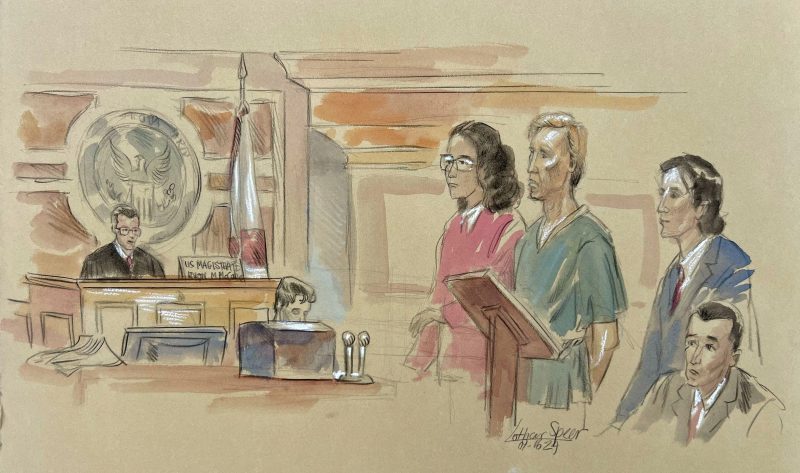In recent years, incidents that involve shooters targeting individuals based on their political affiliations have led to heightened tensions in the United States. When such shooters target Republicans, the blame game begins, with Republicans pointing fingers at more than just the shooter.
One key aspect that often comes under scrutiny in these situations is the political rhetoric that precedes the act of violence. Many Republicans argue that the inflammatory language used by some political leaders and media figures contributes to an environment of hostility and animosity, which can fuel violent actions against them. By painting Republicans in a negative light and demonizing their beliefs, these individuals create a divisive atmosphere that can be exploited by those with extreme views.
Furthermore, Republicans often express frustration at what they perceive as bias and selective reporting by the mainstream media. When a shooter targets Republicans, they believe that the media downplays the political motivations behind the act and fails to adequately address the underlying issues that may have influenced the perpetrator. This perceived lack of accountability in reporting can further exacerbate tensions between Republicans and the media, leading to a deeper sense of mistrust and resentment.
Another factor that Republicans consider when assigning blame for such incidents is the response from political opponents and the broader public. They argue that calls for unity and condemnation of violence are often insincere and lack the necessary introspection into how their own rhetoric may have contributed to the hostile environment. Republicans feel that they are unfairly targeted and held collectively responsible for the actions of a few individuals, leading to a sense of victimization and alienation.
Additionally, Republicans also point to the role of social media platforms in amplifying extremist voices and facilitating the spread of radical ideologies. They argue that the anonymity and reach of these online spaces create echo chambers where violent ideas can thrive unchecked, ultimately influencing vulnerable individuals to carry out violent acts against Republicans and others.
In conclusion, when shooters target Republicans, the blame game goes beyond the individual perpetrator and encompasses a wide range of factors that Republicans believe contribute to a toxic political climate. From inflammatory rhetoric and biased media coverage to societal responses and online radicalization, Republicans see a multifaceted array of influences that shape the context in which these violent incidents occur. Addressing these underlying issues and fostering a more constructive and respectful political discourse may be essential in preventing future acts of violence against Republicans and bridging the deep divides within American society.

